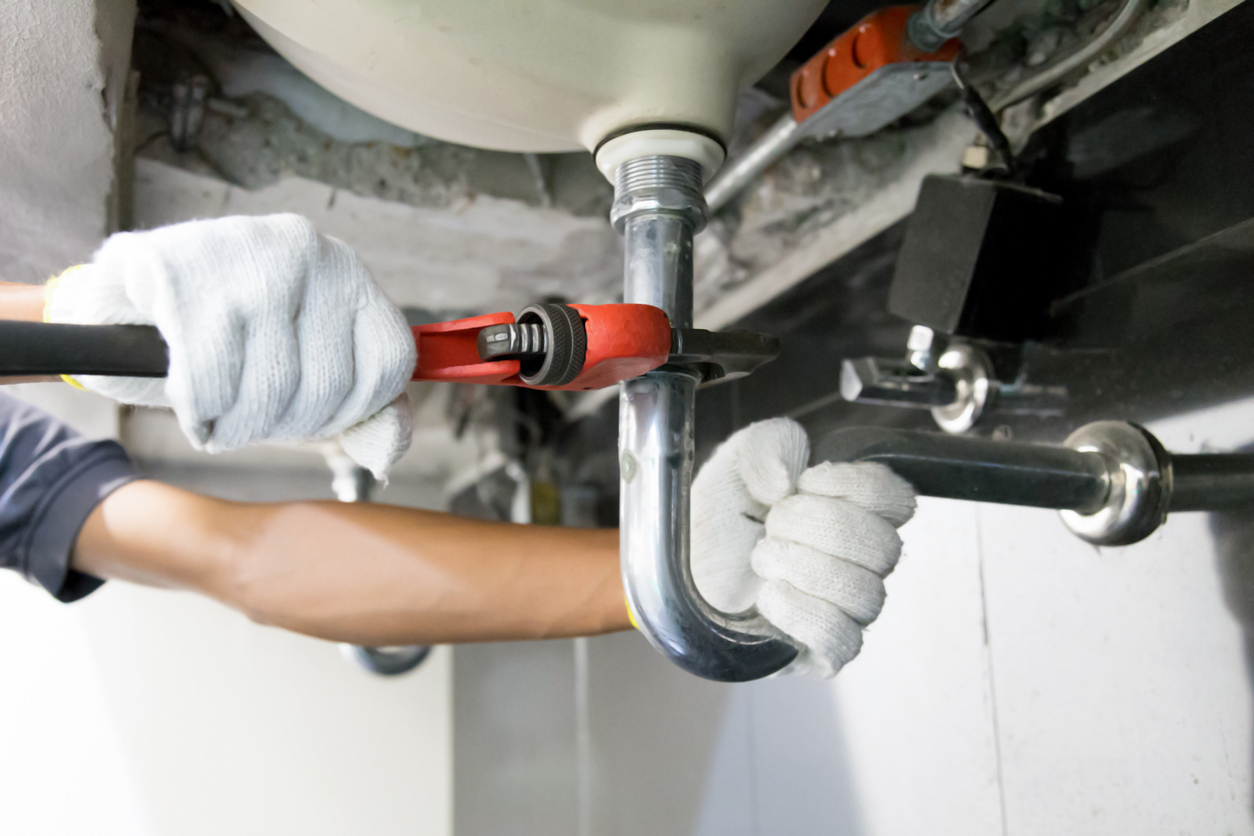When planning a home remodeling project, one of the biggest questions homeowners face is whether new plumbing is necessary. The answer depends on several factors, including the age and condition of your current plumbing, the scope of your remodel, and compliance with local building codes. Understanding these considerations will help you make an informed decision that protects both your investment and your home’s long-term functionality.
Evaluating the Condition of Your Current Plumbing
Start by assessing the state of your existing plumbing system. Frequent clogs, leaks, low water pressure, or visible corrosion on pipes are signs that your plumbing may be deteriorating. Older homes with galvanized steel pipes are particularly vulnerable since these pipes corrode over time, restricting water flow and impacting water quality. If your system shows signs of aging or frequent problems, replacing it during your remodel may save you from costly future repairs.
Compliance with Local Building Codes
Most remodeling projects require permits, which often bring outdated plumbing systems to light. If your plumbing doesn’t meet current codes, you may be required to update it before your project can move forward. This is especially important for major upgrades, such as adding a bathroom or expanding your kitchen. Ensuring compliance now helps you avoid potential fines, legal issues, and setbacks later.
Considerations for Extensive Remodels
For large-scale remodels involving kitchens and bathrooms, new plumbing can be a smart investment. These spaces rely heavily on functional plumbing, and new pipes can support modern fixtures, appliances, and layouts. If your plans include moving sinks, toilets, or dishwashers, updated plumbing will likely be required to accommodate the new configuration.
The Age of Your Plumbing System
The material and age of your plumbing are key factors in deciding whether replacement is necessary. Copper pipes typically last more than 50 years, while PVC and PEX piping may have shorter lifespans. If your plumbing is approaching the end of its service life, remodeling offers the perfect opportunity to upgrade before leaks or failures occur.
Advantages of Updating Plumbing During a Remodel
Installing new plumbing during a remodel not only addresses immediate needs but also provides long-term benefits. Modern materials are more durable, efficient, and resistant to corrosion, which can help reduce water bills and minimize maintenance. Updated plumbing can also add value to your home, making it more attractive to potential buyers if you decide to sell in the future.
Need Expert Plumbing Help for Your Remodel?
Determining whether your remodeling project requires new plumbing can be complex, which is why consulting with a professional is essential. JMW Plumbing & Fire Protection has years of experience helping homeowners in Cincinnati, OH, upgrade their plumbing systems to meet both functional needs and code requirements. Whether you’re modernizing a bathroom, redesigning a kitchen, or updating an older property, our team is ready to deliver reliable plumbing solutions. Call us today at 513-951-3015 or fill out our online form to schedule a consultation.

